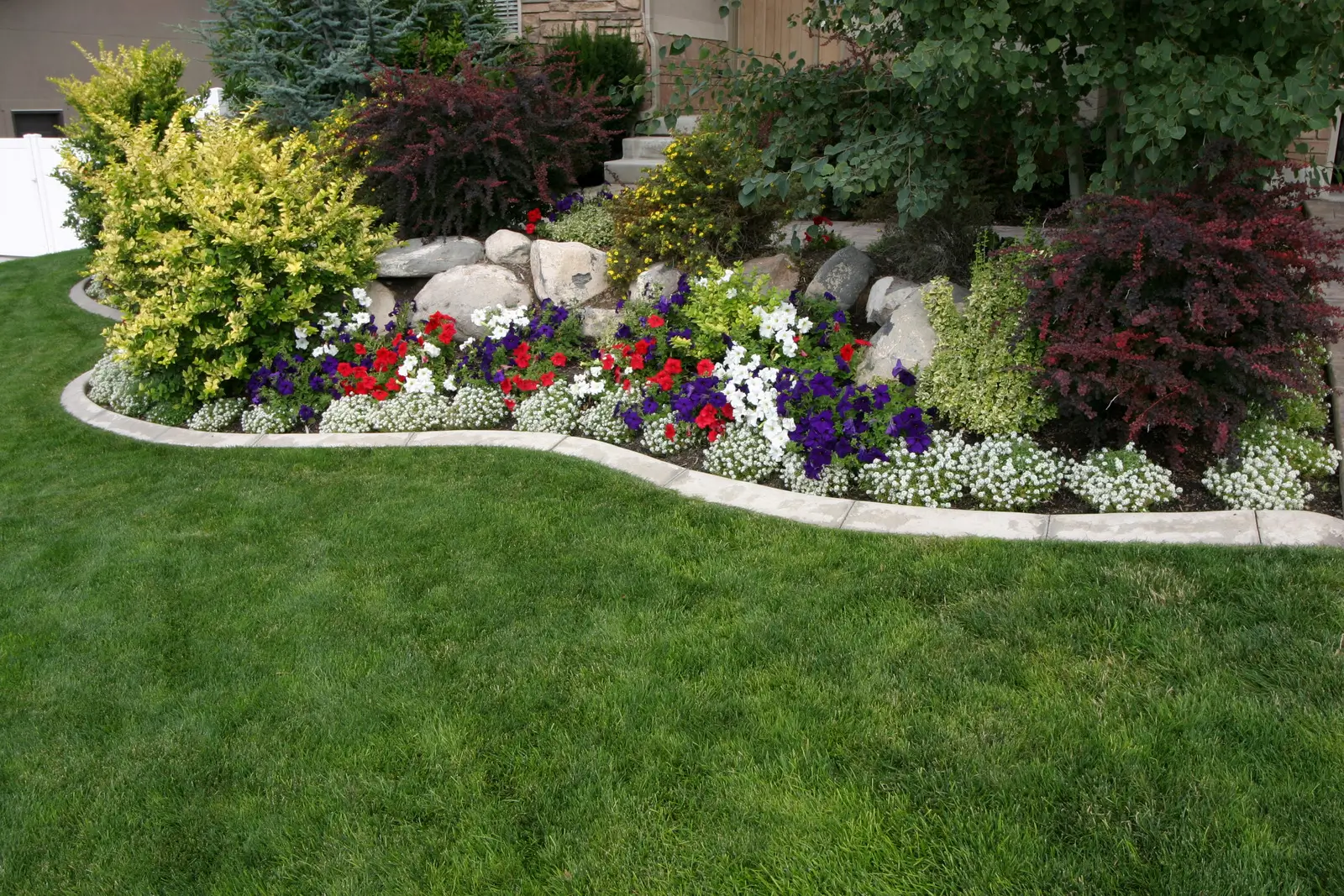Click to call us: 857-504-5117
contact@greenpulselandscaping.com
Click to call us: 857-504-5117
contact@greenpulselandscaping.com


As the world becomes increasingly aware of the impact our actions have on the environment, homeowners are seeking ways to minimize their ecological footprint. Sustainable landscaping has emerged as a popular trend, offering eco-conscious homeowners a way to transform their outdoor spaces while preserving the environment. By incorporating sustainable practices, homeowners can create beautiful, functional, and environmentally friendly landscapes that benefit both themselves and the planet.
Sustainable landscaping is an approach to landscape design that considers the environmental and social impact of the choices made. It prioritizes the use of native plants, water conservation techniques, and natural materials to create a harmonious balance between human needs and the natural environment.
The demand for sustainable landscaping is on the rise, driven by several factors, including:
Embracing sustainable landscaping practices doesn’t mean sacrificing beauty or functionality. With careful planning and informed choices, homeowners can create stunning outdoor spaces that are both eco-friendly and aesthetically pleasing. Here are some key sustainable landscaping techniques to consider:
1. Native Plant Selection:
Native plants are adapted to the local climate and soil conditions, requiring less water, fertilizer, and maintenance compared to non-native plants. They also attract beneficial pollinators like bees and butterflies, promoting biodiversity.
2. Rainwater Harvesting:
Rainwater harvesting systems collect and store rainwater, reducing reliance on municipal water supplies. This stored water can then be used for irrigation, reducing water consumption and conserving this precious resource.
3. Composting:
Yard waste and composting food scraps creates nutrient-rich compost, which can be used to enrich the soil, reducing the need for chemical fertilizers. Composting also diverts waste from landfills, minimizing environmental impact.
4. Permeable Hardscaping:
Traditional hardscaping materials like concrete and asphalt contribute to stormwater runoff and soil erosion. Permeable alternatives like gravel, pavers, and decomposed granite allow water to infiltrate the soil, replenishing groundwater reserves and reducing runoff.
5. Organic Pest and Weed Control:
Instead of relying on harmful pesticides and herbicides, consider organic pest and weed control methods. These methods utilize natural solutions and beneficial insects to manage pests and weeds without harming the environment.
At Green Pulse Landscaping, we are passionate about helping eco-conscious homeowners create sustainable and beautiful landscapes. Our team of experienced professionals is committed to using eco-friendly practices and sustainable materials to transform your outdoor spaces.
We are dedicated to providing you with personalized solutions that align with your unique needs and environmental goals. Contact us today for a free consultation and let us help you create an eco-friendly haven that you can enjoy for years to come.
By incorporating these sustainable practices into your landscaping efforts, you can create a beautiful, functional, and eco-friendly outdoor space that benefits both you and the environment. Remember, every step, no matter how small, contributes to a more sustainable future.